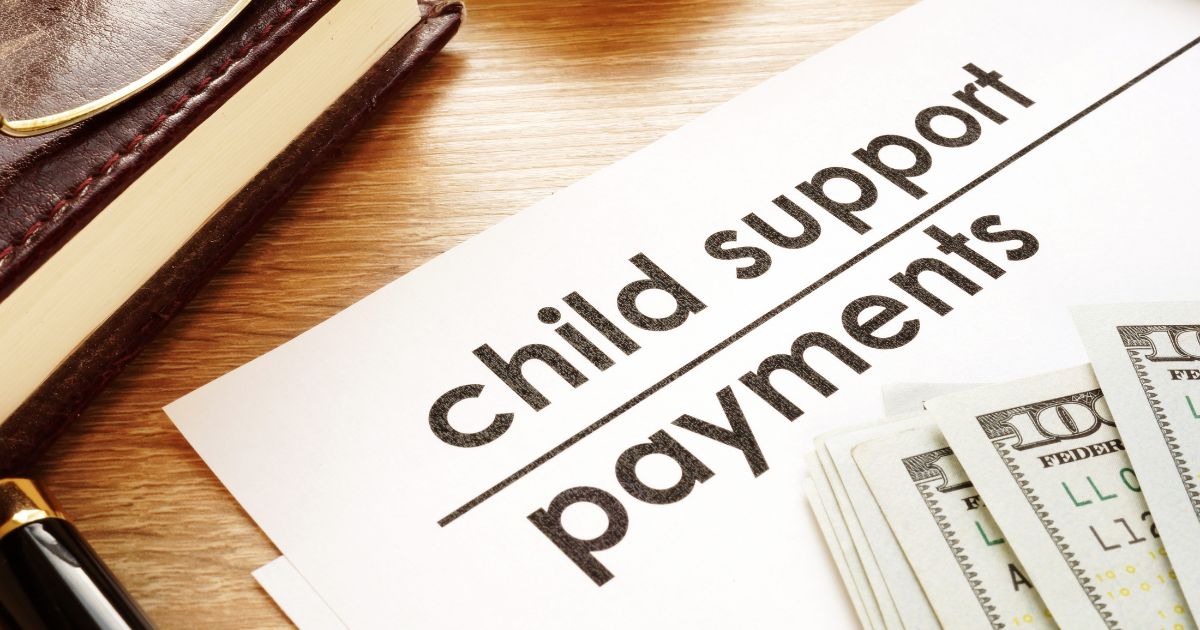In New Jersey, a non-custodial parent may be ordered by the court to pay child support to the custodial parent to contribute to the costs associated with raising their child(ren). If instances of non-payment or consistently late payments occur, there are a number of enforcement methods that may be used to collect the court-ordered child support obligation. If you are entitled to child support payments and the other parent is failing to meet their child support obligations, contact an experienced child support obligation lawyer as soon as possible for assistance with enforcement.
What Factors Are Considered for Child Support Payments?
The New Jersey Child Support Guidelines are used to calculate the amount deemed necessary to meet the financial needs of the child based upon several factors, including, but not limited to, the parents’ respective incomes and the number of overnights each parent has with the child.
In certain circumstances, a judge may find that the Child Support Guidelines are not appropriate for determining child support, in which case they may deviate from the Guidelines. The following factors may influence a judge’s decision to deviate from the New Jersey Child Support Guidelines:
- The parents’ income is very high or very low
- Either parent has substantial unreimbursed medical expenses
- The cost of a child’s tuition, including private or parochial school
- The ages of the children involved
- Costs associated with a special needs child or a disabled family member
What Tools Are Used to Enforce Child Support Obligations?
The New Jersey Child Support Agency uses various tools to ensure that court-ordered child support payments are made, including, but not limited to, the following:
- Income withholding: Child support payments are automatically deducted from the parent’s paycheck. This is also called “wage garnishment.”
- Tax refund: If the parent responsible for paying child support is entitled to a tax refund, but he/she has fallen behind on child support payments, the refund may be seized and applied towards child support arrears.
- Seizure of assets: If the parent responsible for paying child support has fallen behind with child support payments, the Child Support Agency may access money from that parent’s bank account, stocks, or bonds to satisfy the support obligation.
- License suspension: If child support payments remain unpaid for six months or more, the licensing agency may revoke or suspend the payor’s license.
- Passport denial: If the parent responsible for paying child support owes more than $5,000 in child support, their passport application may be denied.
Can a Child Support Order Be Modified?
An existing child support order may be changed, but the party requesting the modification must show that there has been a significant change in a parent’s circumstances. Examples that could warrant modification to a child support order include:
- A parent becomes permanently disabled
- The child develops a serious, long-term illness
- There is a substantial increase or decrease in a parent’s income
The parent seeking modification must file a motion with the Court, and the other parent has the opportunity to oppose the motion, or file their own cross motion requesting alternative relief.
Somerville Child Support Lawyers at Lepp, Mayrides & Eaton, LLC Can Assist Clients with Child Support Matters
The experienced Somerville child support attorneys at Lepp, Mayrides & Eaton, LLC can assist you with the implementation, modification, or termination of child support. Call us at 908-800-7676 or contact us online to schedule a consultation.
Located in Somerville, New Jersey, our attorneys serve clients throughout Central New Jersey, including Somerset County, Hunterdon County, Warren County, Morris County, Monmouth County, Union County, Middlesex County, and Mercer County.


